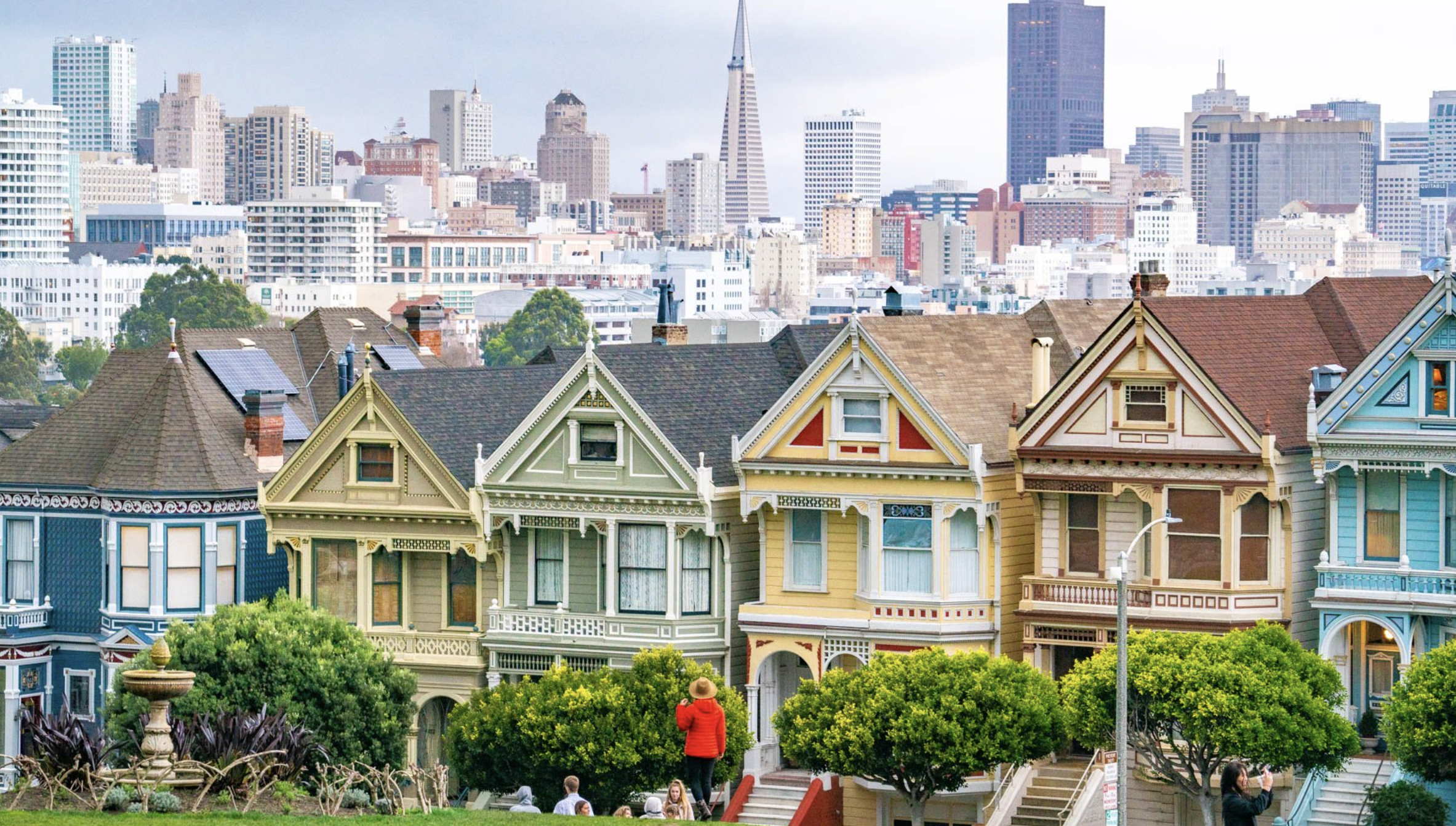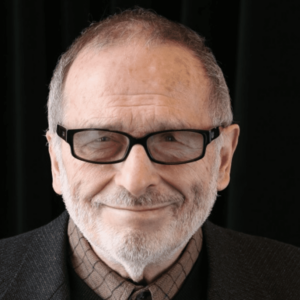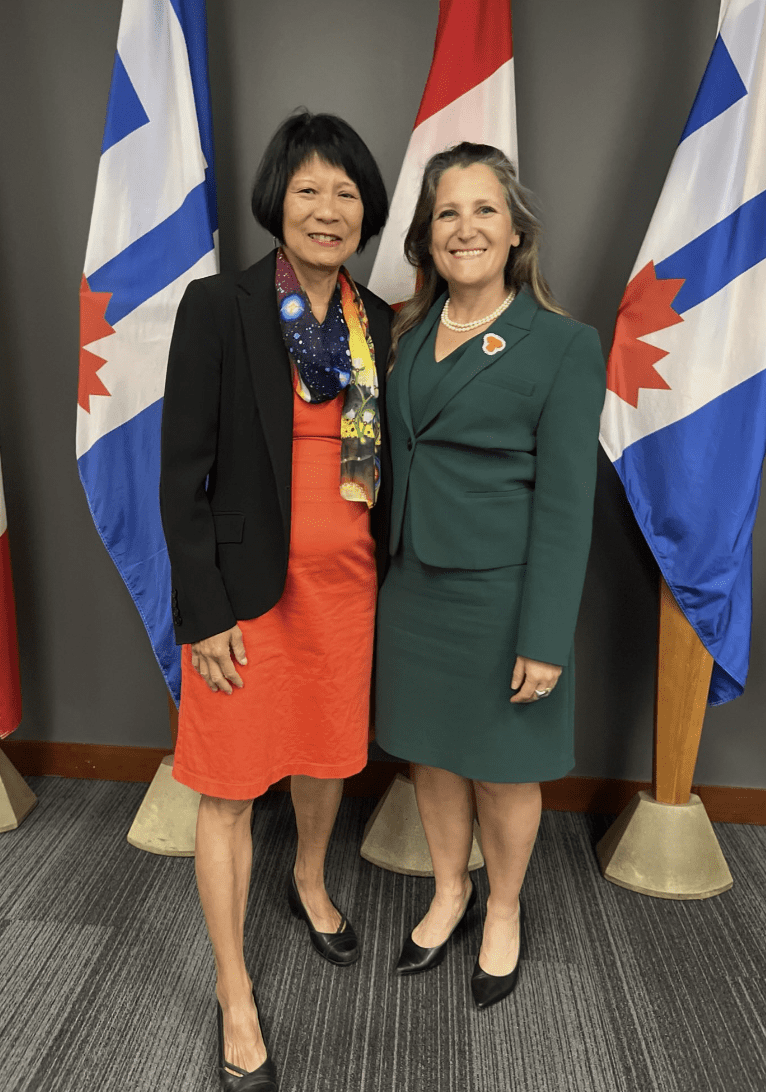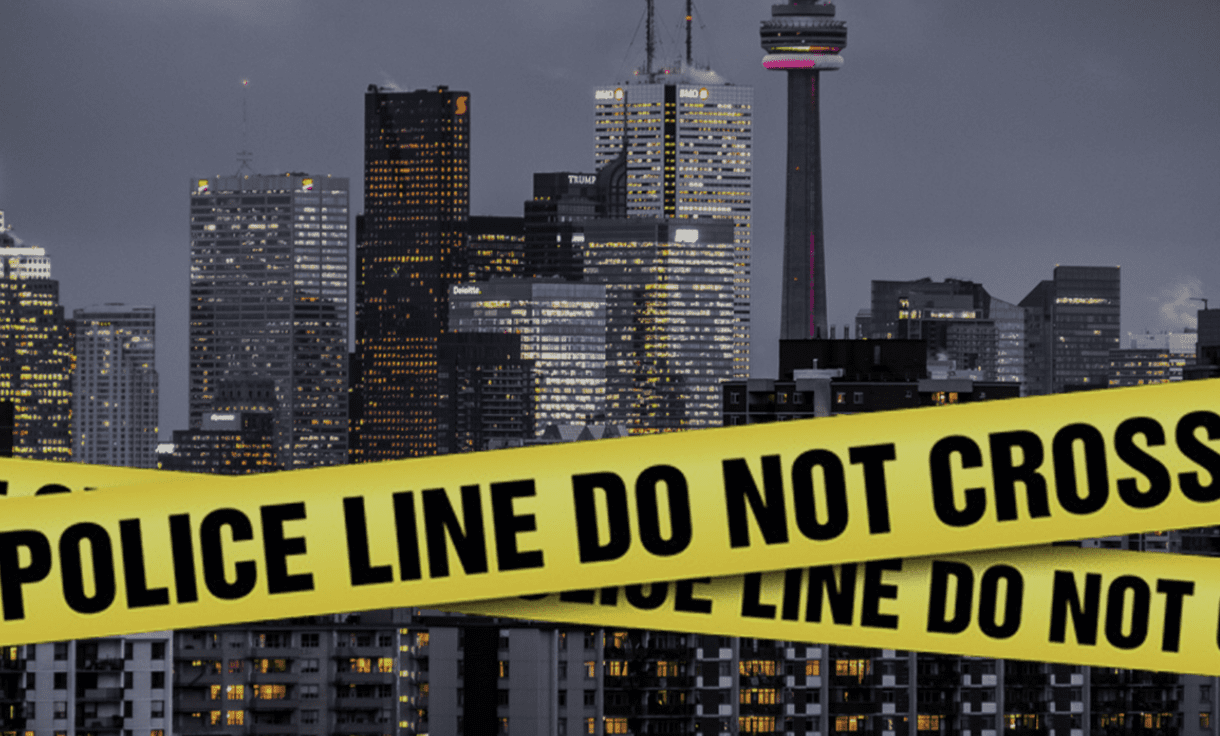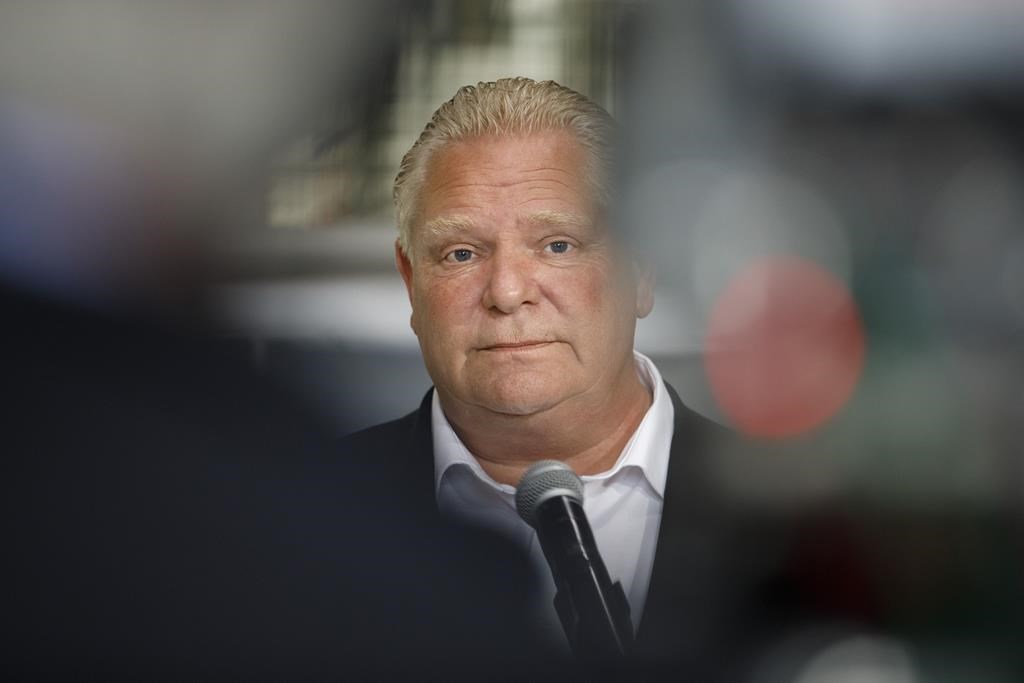The “Brampton Bill” Davis who may have been the last real Progressive Conservative Premier of Ontario, 1971–1985, urged that Toronto, Canada should be compared to San Francisco in the United States, not New York City (or Chicago).
David Miller, Mayor of Toronto 2003–2010, was born in San Francisco. (Though he was living in Canada by his 10th birthday.)
More recently both former politicians might have entertained second thoughts about the striking geography of the San Francisco Bay Area in Northern California.
Last year a Toronto conservative journalist worried that a Mayor Olivia Chow would turn Ontario’s capital city “into a Canadian version of San Francisco, Chicago or Portland, left-wing cities burdened by drugs, crime, finances and camps of the homeless.”
Most recently perceptions have begun to change. And the shift has been noticed in two magazines based in the United Kingdom.
The 8 February 2024 issue of the London Review of Books included some 6,000 words on “In the Shadow of Silicon Valley” by the American writer Rebecca Solnit, who has lived in the San Francisco Bay Area since 1980.
Ms Solnit is not altogether happy about what the City of San Francisco has become. But she quietly urges that it is still “a laboratory for new ideas,” even if no longer “the left edge of America” it used to be.
On February 12, 2024 The Economist published a shorter piece headlined “How San Francisco staged a surprising comeback … Forget the controversy. America’s tech capital is building the future.”
This spells out and celebrates what Rebecca Solnit calls the annexation of San Francisco by the new high-tech Silicon Valley — which started out somewhat further south, around San Jose.
The underlying message of both publications can be confirmed by a week spent in the San Francisco Bay Area in early February 2024.
There are, as Rebecca Solnit underlines, a few exceptions. But the overwhelming impression down on the ground is almost endless signs of vast material wealth and economic success. There is a lot of money in America’s tech capital today.
Doubts will linger in some minds — and not just about the Bay Area of Northern California. On February 13, 2024 the Los Angeles Times published a story headlined “LAT survey: Half of Republicans believe California ‘not really American’”
The survey for the LA Times was done “by the Canadian firm Leger.” And there are many such connections between Canada and California.
They are reflected in the warm meeting of PM Justin Trudeau and California Governor Gavin Newsom in San Francisco this past November, and in “the Climate action and nature protection: Memorandum of co-operation between Canada and California, signed in 2022.”
At the same time, the depth of the economic dynamism fuelled by the new tech capital peers out from the stark statistic that while Canada currently has somewhat more people, “California’s GDP was 1.7 times higher than Canada’s in 2022.”
Both San Francisco and Toronto have financial sectors traditionally based on mining and resource industries. San Francisco has now blossomed further as the financial centre for a US tech sector that is (as The Economist explains) “building the future” around much of the globe.
Whatever else, there are economic benefits for such places as Calgary, Halifax, Montreal, Toronto, Vancouver, Alberta, BC, Nova Scotia, Ontario, Quebec, and all other provinces and territories, in the larger Canada’s current alignment with Gavin Newsom’s high-tech (and green) California, that is doing so much to build the global future.
There are competitive advantages in underlining that Canada is a working part of this particular prosperous new future, right from the start.
Yet (not unlike Republicans in the USA?), the Trudeau-Newsom Canada-California special relationship is not something that a Pierre Poilievre Conservative government in Ottawa seems at all likely to hang onto.
Premier Ford in Ontario, for example, has already abandoned the Green agreements signed earlier by California, Ontario, and Quebec. (Though the Ford Nation has apparently now discovered muscular electric cars, rampant throughout the Bay Area.)
Right now there is one deep political certainty about the Golden State. Despite some Republican strength further east of the seriously beautiful Pacific coast, the people of California will not in their great majority be voting for Donald Trump in the fateful US presidential election on November 5, 2024.
And, as if to anticipate some ongoing Canada-California special relationship, a noted Canadian historian suggested long ago that Canadians too usually “vote Democratic in American elections.”



